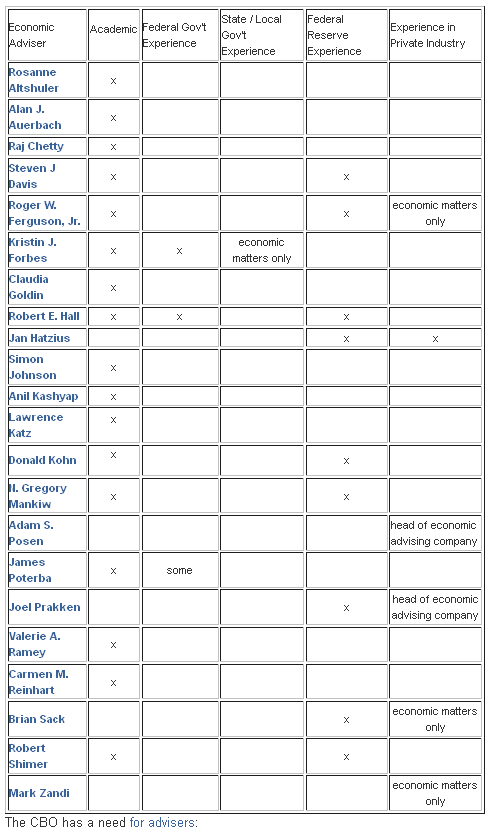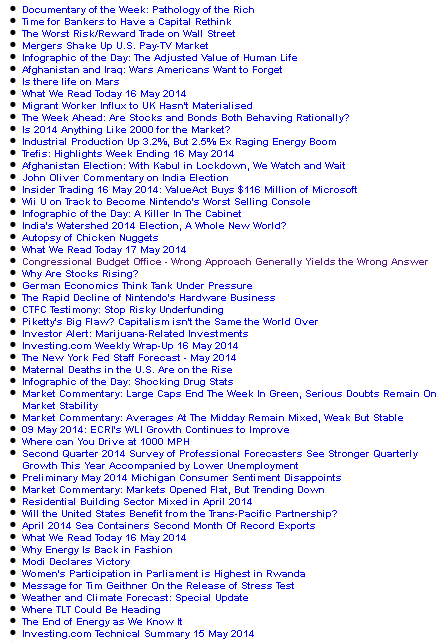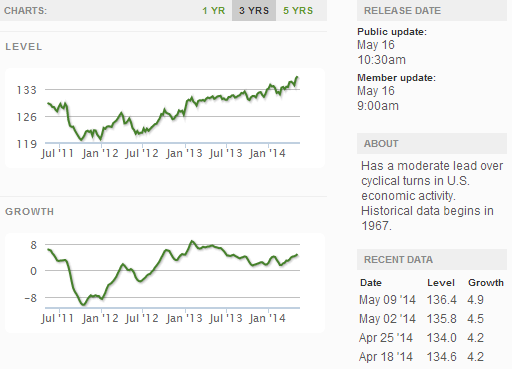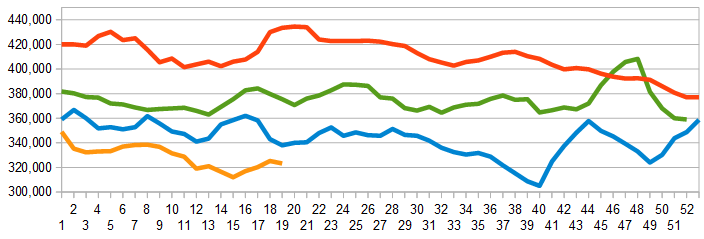This week, the Congressional Budget Office (CBO) announced their current economic advisers. This got me thinking of what advice the CBO needs.
CBO’s chief responsibility under the Congressional Budget Act is to help the House and Senate Budget Committees with the matters under their jurisdiction. CBO also supports other Congressional committees—particularly the Appropriations, Ways and Means, and Finance Committees—and the Congressional leadership.
CBO produces a number of reports specified in statute, of which the best known is the annual Budget and Economic Outlook. Other CBO reports that are required by law or have become regular products of the agency owing to a high, sustained level of interest by the Congress are described in products.
In addition, CBO is required by law to produce a formal cost estimate for nearly every bill that is “reported” (approved) by a full committee of either House of Congress; the only exceptions are appropriation bills, which do not receive formal cost estimates. (CBO provides information on their budgetary impact to the appropriation committees.) CBO also produces formal cost estimates at other stages of the legislative process if requested to do so by a relevant committee or by the Congressional leadership. Moreover, the agency produces informal cost estimates for a much larger number of legislative proposals that Congressional committees consider in the process of developing legislation.
Beyond its regular reports and cost estimates, CBO prepares analytic reports at the request of the Congressional leadership or Chairmen or Ranking Minority Members of committees or subcommittees. CBO analysts work with requesters and their staffs to understand the scope and nature of the work that would be most useful to the Congress.
It is obvious the CBO needs economic advisers especially for economic outlooks. Here is a list of the current economic advisers and their respective sector experience. Note that the accuracy of the experience of each economist is dependent on the accuracy of public bios (and my interpretation of the words in the bio).

All of CBO’s estimates and reports are reviewed internally for objectivity, analytical soundness, and clarity. That rigorous process involves multiple people at different levels in the organization. CBO’s analytic reports are also reviewed by outside experts who specialize in the issue at hand. In addition, the agency has a Panel of Economic Advisers and a Panel of Health Advisers, which consist of experts with a wide variety of backgrounds and special knowledge. Current members of those panels are listed below [note that the list is above in this post]. Although such experts provide considerable assistance, CBO is solely responsible for the quality of its work.
First let me say that I believe the economic and health advisers listed appear more than qualified to advise the CBO in their respective fields. In addition, the CBO does use outside experts:
.... CBO seeks input from outside experts, including professors, analysts at think tanks, private-sector experts, and employees at various government agencies. Some of those consultations occur during regular meetings with the agency’s Panel of Economic Advisers and Panel of Health Advisers; many more consultations occur on an informal, ongoing basis. Those consultations with outside experts complement the knowledge and insights of the talented analysts on the agency’s staff.
The CBO rightfully wants and needs advice. But it seems that both of its standing advisory committees (economics and health) are mainly drawn from the academic community. There are no advisory groups for private industry, state and local governments, or process / systems - and having only two advisory groups whose expertise is fairly narrow seems a formula for creating budget estimates that are ill-considered. If the CBO intended to have "experts with a wide variety of backgrounds and special knowledge," they clearly are not achieving this with the current narrow groupings.
When the bills are analyzed, the CBO describes the impact to the budgets, and generally describes the effect to the States, business and people (but usually issues impacts to these groups without specificity). It is a valid argument that most laws are passed without detailed consideration of impacts to business or the general public.
Politicians are not experts; they generally rely on others to feed back the potential impacts to the country for legislation being considered. The CBO is the Congressional Expert. Yet the CBO's selection of advisers is overwhelmingly from academia - and from only two narrow disciplines (economic and health). This is the formula for producing bad legislation or legislation which could have be significantly better.
One of the biggest problem today is lack of jobs - with many of the other social ills fading away if there were more jobs. There is no effective way to directly legislate jobs growth as the cause lies in many places. The right group to advise on jobs is small or medium business owners which are the groups that historically create the most jobs. At the very least, this group would be sensitive to legislation that would affect their ability to expand and would be a counter to the lobbyists of big business who obviously have access to the CBO.
Another major problem today is infrastructure. (Please don't associate infrastructure work with jobs - infrastructure yields relatively few jobs per dollar spent.) Infrastructure is important to a country's economic health as it is the lubricant for commerce. Maybe an advisory group of planners and engineers is warranted.
The devil is in the details; in the way a concept is executed (translation: the road to hell is paved with good intentions.) At the very least, the CBO needs to have a group of systems experts drawn from government and industry to advise how to improve legislation being considered.
Other Economic News this Week:
The Econintersect Economic Index for May 2014 is showing marginal growth acceleration but the pattern over the past six months remains in a fairly tight range. The major soft data point remains personal income which is not part of our Economic Index. My position remains that the economy remains too strong to recess, and too weak to grow.
The Economic Cycle Research Institute Weekly Leading Index (ECRI WLI) growth index value has been in marginally positive territory for many months but the trend is now noticeably improving. The index is indicating that the economy will be slightly better six month from today than it is today.
Current ECRI WLI Growth Index
Initial unemployment claims fell from 319,000 (reported last week) to 297,000 this week. Historically, claims exceeding 400,000 per week usually occur when employment gains are less than the workforce growth, resulting in an increasing unemployment rate. The real gauge – the 4 week moving average – improved marginally from 325,250 (reported last week as 324,750) to 323,250. Because of the noise (week-to-week movements from abnormal events AND the backward revisions to previous weeks releases), the 4-week average remains the reliable gauge.
Weekly Initial Unemployment Claims - 4 Week Average - Seasonally Adjusted - 2011 (red line), 2012 (green line), 2013 (blue line), 2014 (orange line)
Bankruptcies this Week: Momentive Performance Materials
Click here to view the scorecard table below with active hyperlinks
Weekly Economic Release Scorecard:



